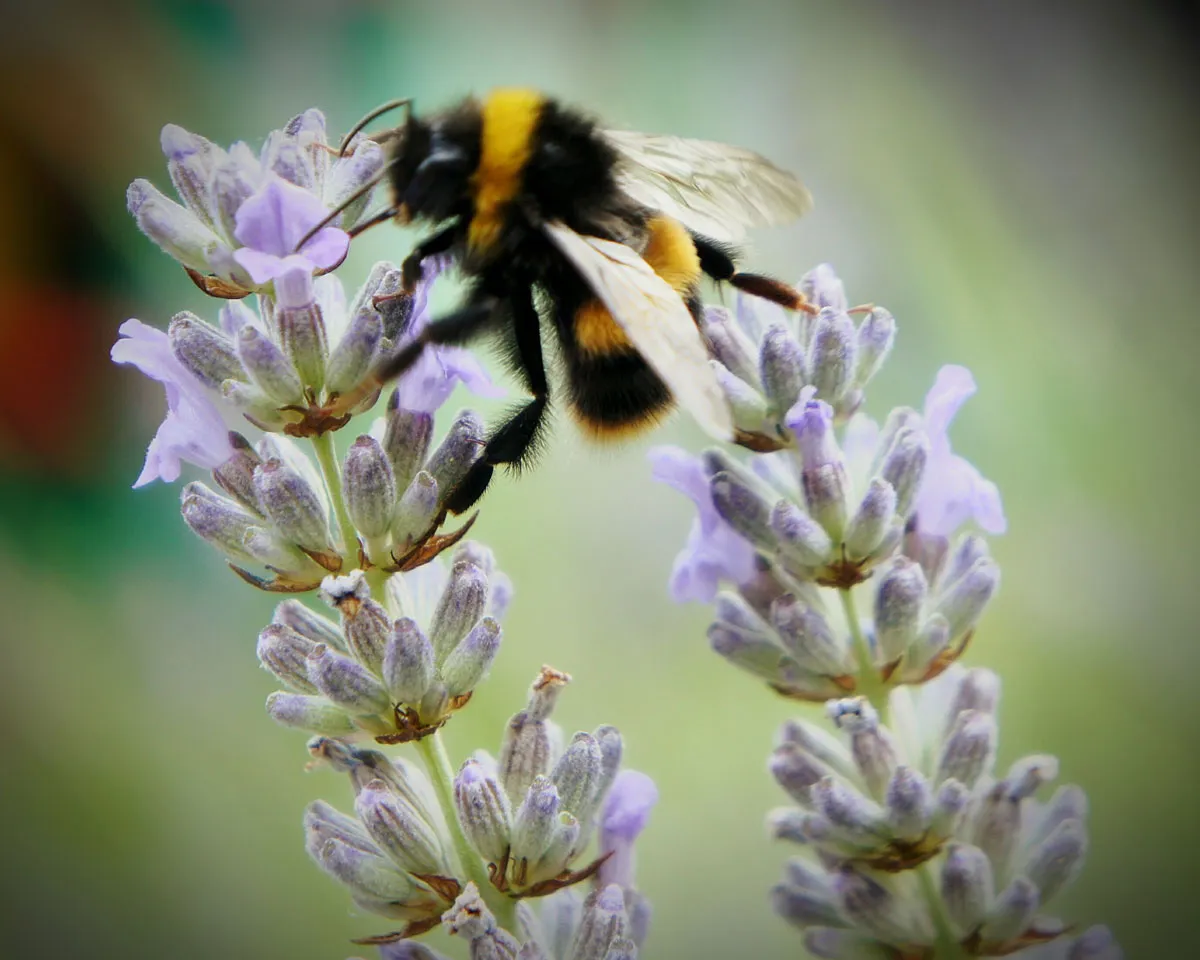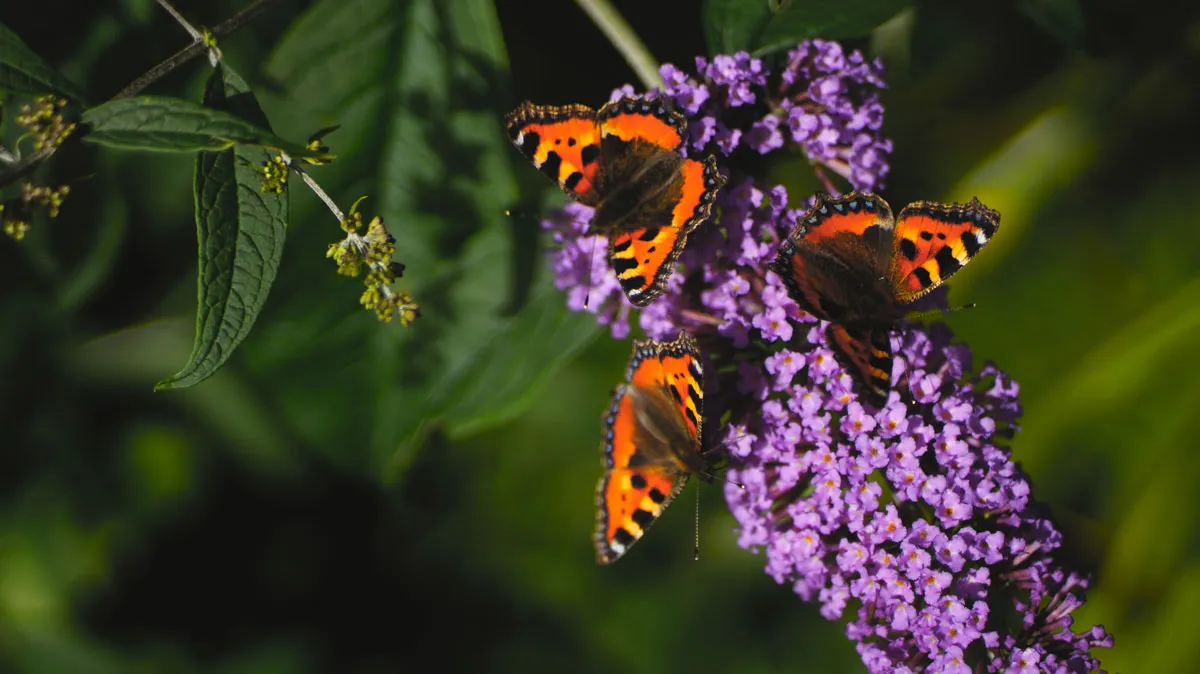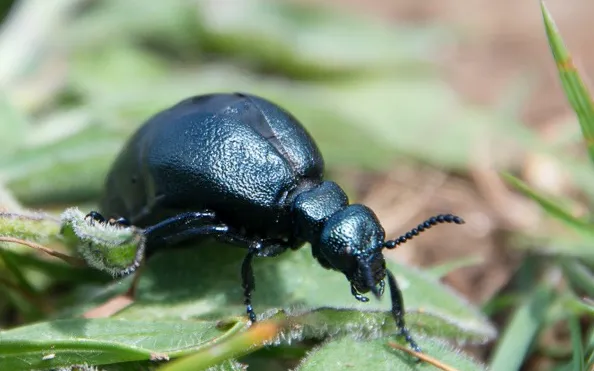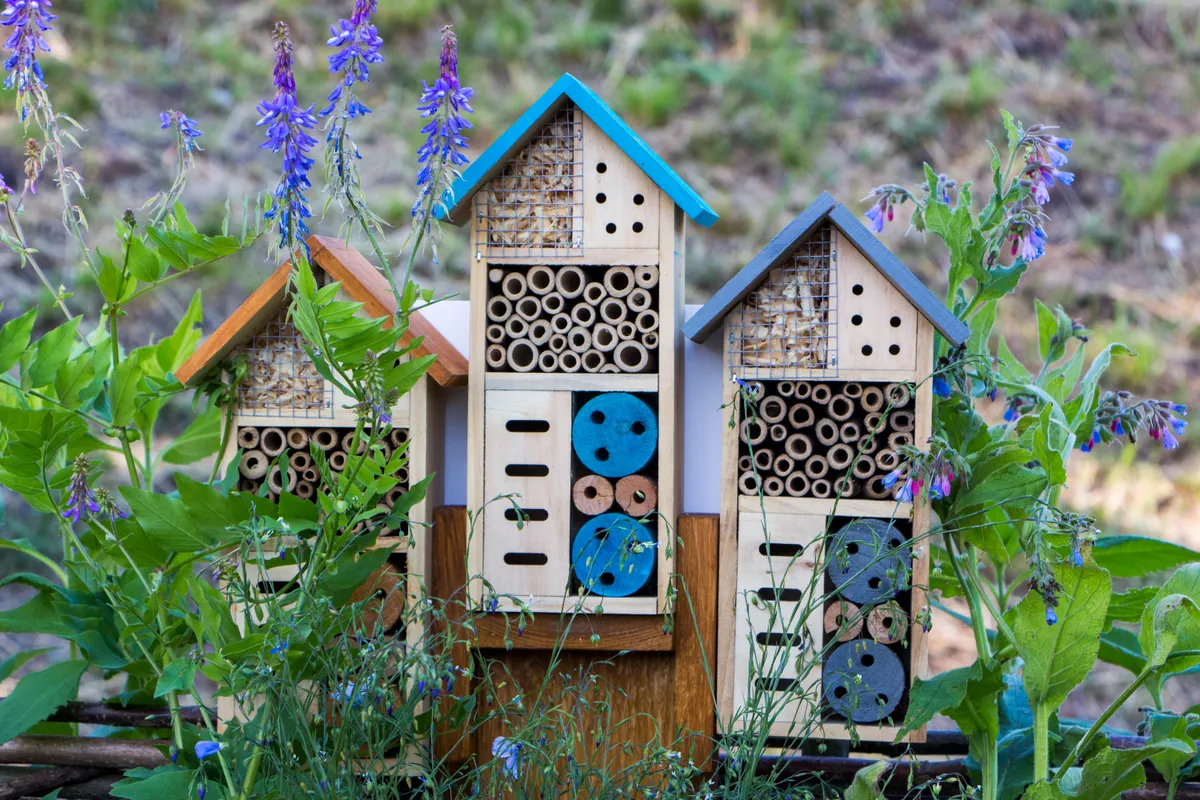A lot of people wince when I tell them I love insects but I find them fascinating. Invertebrates are also animals but unlike vertebrates, they don’t have a backbone, and are a vital part of our ecosystem. According to the conservation charity Buglife, in the UK we have more than 40,000 species of insect, such as bees, beetles, flies, wasps, grasshoppers and butterflies.
One of the most amazing things about insects is that they can be found in a variety of habitats. A recent find was an array of different types of ladybird larvae on the wall outside my house, which is opposite a busy road.
As a disabled wildlife enthusiast, I enjoy the accessibility of insect encounters. I regularly visit my local council run reserve, which is ideal as I do not drive and need accessible paths. I firmly believe everyone can go outside and enjoy nature, whether it is in a local park or in your back garden.
Over the last four years I have acquired knowledge about the different plants and environments best for spotting insects.
Here is a selection the best accessible wildlife encounters in the UK
Bees

The planting of perennials such as foxglove and lavender and herbs such as thyme is a great way to attract bees to your garden.
British bee guide: how to identify, where to spot, and how to attract bees to your garden
Butterflies

Seen in the spring and summer months and early autumn, one of the best ways to see butterflies is by planting a buddleia bush, also known as a butterfly bush, as it will attract many common species.
Guide to British butterflies: how to identify and the best places to spot
Beetles

Beetles can be found under logs and rotting wood, as it where their larvae feeds. You could always look under these on your local walks or if you have some in your garden.
British beetle guide: where to see and how to identify
Bug Hotel

Another great way to attract insect life to a garden is by building a bug hotel. With any luck, you can attract lacewings and solitary bees and ladybird
Ellie is a Scope For Change Campaigner. The unique programme is run by the disability charity Scope to train a new generation of young disabled campaigners
